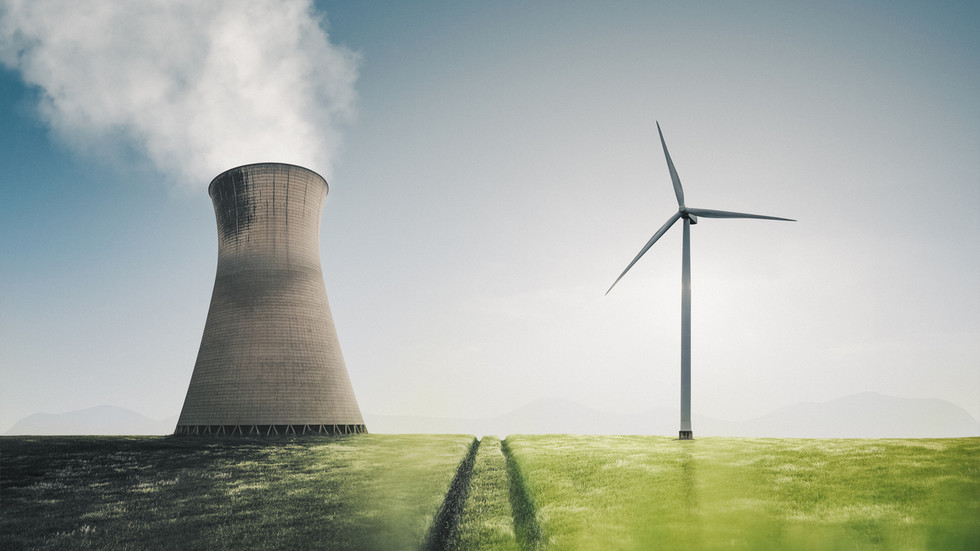
The proposed measures include joint gas purchasing rules and spot price limits

© Getty Images / Abstract Aerial Art
The European Commission has unveiled a new emergency package of measures aiming to lower gas prices and ensure the EU’s winter energy supply. The proposals were published on Tuesday on the commission’s official website.
The measures include new legal tools for joint gas purchasing to allow EU member states negotiate better prices and reduce the risk of them outbidding each other on the global market.
“Joint purchasing will help smaller member states and companies in particular, which are in a less favorable situation as buyers, to access gas volumes at better conditions,” the document states.
The commission also proposes a targeted intervention in market gas prices. It reserved criticism for the main European gas exchange, the Dutch TTF, to which many gas contracts in Europe are indexed, for “inaccurately reflecting the price of LNG transactions in the EU.” The Commission plans to develop “a new complementary price benchmark,” which “will provide for stable and predictable pricing for LNG transactions.” Until the new benchmark is developed, the Commission plans to launch a mechanism that will allow the EU to limit prices on the commodities exchange.

“Transactions at a price higher than the dynamic limit would not be allowed to take place in the TTF. This will help avoid extreme volatility and excessive prices,” the commission explained.
The proposals also include measures that would allow EU members to further reduce energy consumption to ensure sufficient gas supplies for essential services and industries. Moreover, the commission proposes setting default solidarity rules which will ensure that member states share supplies with each other in case of energy emergency and are duly compensated for it.
“Tools and rules that served us well before are no longer adequate to ensure secure and affordable energy supply. To tackle this crisis effectively, we need to be able to buy gas together, to target excessively high prices, and to ensure solidarity between our Member States in case of shortages… Today’s proposals are needed to better prepare for this winter and beyond,” Commissioner for Energy Kadri Simson stated.
The proposals are to be discussed at the EU summit on October 20-21.
For more stories on economy & finance visit RT’s business section




